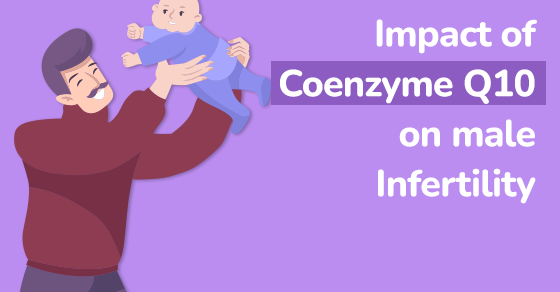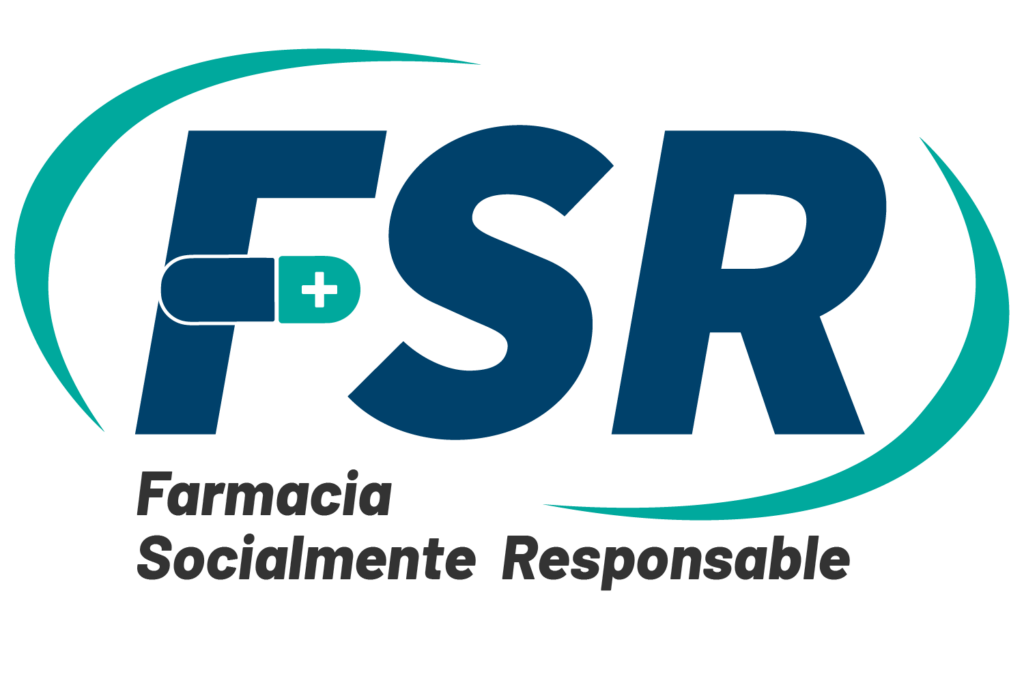According to WHO, about 60 to 80 million couples suffer from infertility globally . Men are found to be solely responsible for 20% to 30% of infertility cases and contribute to 50% of overall cases.
One of the factors that have been proven to cause male infertility is oxidative stress related to the production of free radicals, which is a key responsible factor for causing about 30% to 80% of men subfertility. Oxidative stress occurs due to the exhaustion of seminal antioxidant capacity caused by imbalance between pro-oxidants and antioxidants in the seminal plasma. While oxidants are necessary for certain physiological processes, such as sperm capacitation and fertilization, excessive generation of oxidants can damage the sperm’s plasma membrane and can also cause fragmentation of their DNA. This in turn can decrease the fluidity of the sperm’s membrane, affecting their motility and vitality and ultimately resulting in impaired fertilization potential.
Coenzyme Q10 (CoQ10), is a respiratory chain component and acts as an antioxidant molecule. It is present in the human seminal fluid where it is involved in several antioxidant, and metabolic processes.
CoQ10 deficiency can lead to sperm damage, lower sperm motility and sperm count. Studies have shown that the supplementation with CoQ10 can improve the reproductive outcomes in men with fertility problems. In addition, seminal fluid CoQ10 concentrations correlate positively with sperm motility and count. Accordingly, patients who have been treated with CoQ10 have higher sperm count and a better sperm morphology.
Recent studies confirm that CoQ10 treatment for three months significantly improved sperm concentration, progressive motility, and total motility. The adequate concentration of CoQ10 in the seminal fluid in infertile men also produces better chances of conceiving. In summary, adequate levels of CoQ10 were positively correlated with sperm concentration and total motility.
Supplementation with CoQ10 included in Ferti-L el (exclusively sold at Fertifarma) for three months could improve semen parameters, oxidative stress markers and reduce infertility due to oxidative stress.
Related articles
The importance of consuming Folate and Folic Acid in reproductive age and pregnant woman




